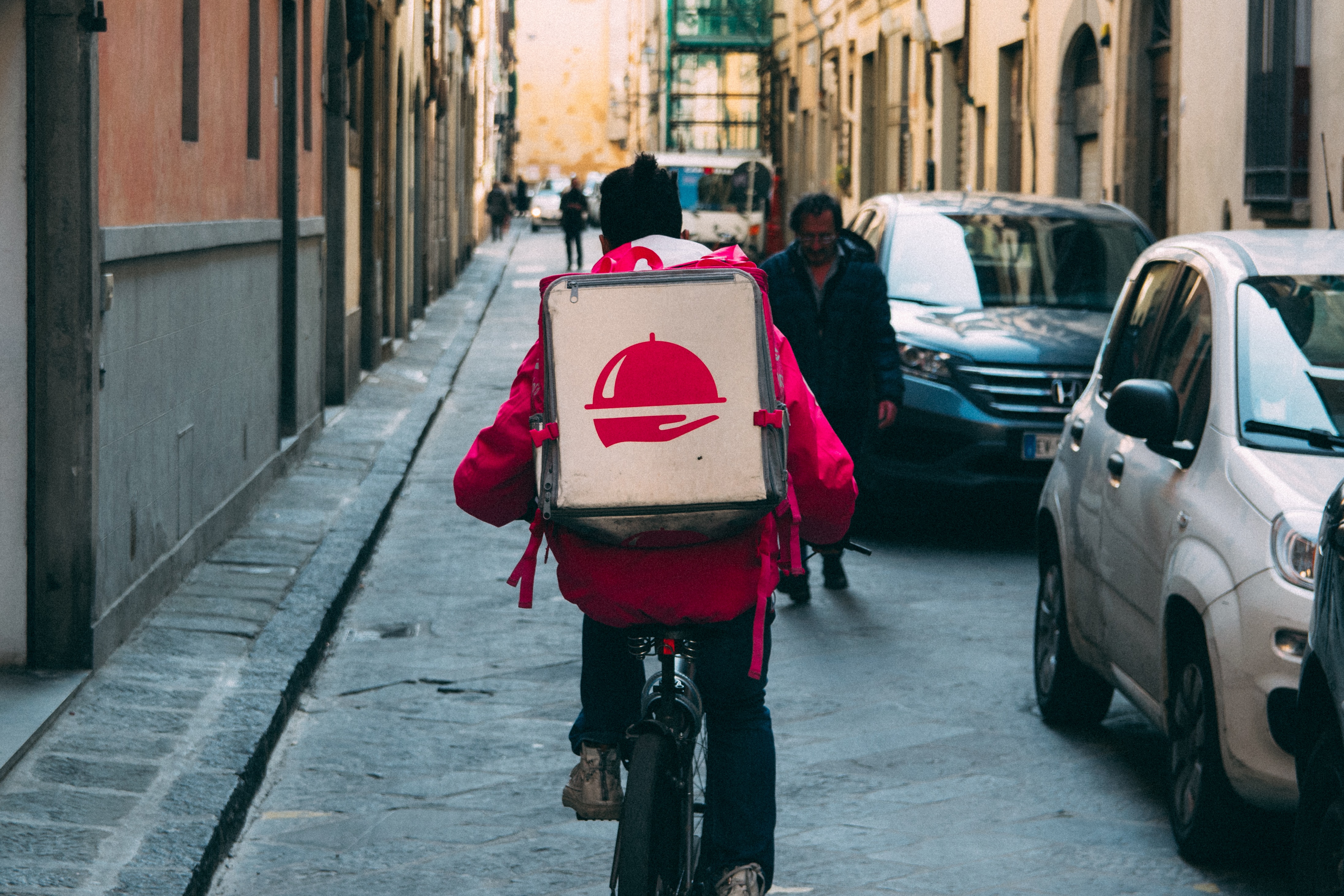Ahead of one of the most popular festivals in the country, Diwali, U.S. e-commerce giant Amazon is reportedly launching a food delivery service dubbed Amazon Restaurants in India in October, according to sources with knowledge of the matter as quoted by multiple local media.
The move comes at a time when the e-tailer keeps on entrenching its Indian business by diversifying its offerings in one of the world’s largest retail markets.
Amazon will launch its restaurant order delivery service through Prime Now, its very own grocery delivery platform, sources say, while in the interim, is also in preliminary talks with Ola’s Foodpanda and UberEats separately to explore a partnership which could be developed into an acquisition.
The Seattle-based company was tossing around between the ideas of building its own food delivery platform from the ground up and going for partnership and investments. It appears that it is now taking a two-pronged approach. Sources told local media that Prime Now could not be sustained just on grocery delivery in India. Amazon India’s “logistics team has questioned inefficient utilization of delivery fleet for the express delivery platform.” Using Prime Now as a main vehicle for the coming food delivery operation could help Amazon make better use of the grocery platform’s capacity.
“Amazon held talks with each of the players in the ecosystem and explored many avenues, including investing in some cloud kitchen brands. However, none of these deals materialized since taking an investment from Amazon is a huge signaling risk for the brand,” an entrepreneur who runs a cloud kitchen told a local media.
Its food delivery operation will be launched first in Bengaluru before expanding into the country’s other top metros. At the current stage, staying on top of Amazon Restaurant’s partner list are mostly restaurants chains, like McDonald’s, Domino’s, KFC, and local chains, as well as cloud kitchens such as FreshMenu, RebelFoods, and Eat Fit.
Amazon has actively approached restaurants to understand what’s at stake in curating a tie-up with them in a crowded and competitive Indian food delivery market. To lure restaurants away from exclusivity deals they have entered into with more established food aggregators like Zomato and Swiggy, the company is proposing competitive commissions, sources said.
It is offering an enticing introductory commission fee of as low as 6-7%, in addition to promises of high order volumes. Currently Indian restaurants are paying a 15-17% commission to other food delivery platforms such as Zomato and Swiggy.
The past few years have seen the Indian food-tech industry growing rapidly. The sector, according to a report by local market researcher RedSeer, has seen an overall grand merchandise volume (GMV) growth of around 140% and an order volumes growth of more than 176%. Market size of the sector is estimated to reach USD 5.7 billion by 2022, according to Statista.
Amazon has locked horns with its arch-rival, Walmart-owned Flipkart. Both companies have been launching an assortment of services to attract and retain customers within their ecosystem as the two rivals are vying for supremacy in one of the fastest-growing retail markets in the world.
Amazon launched its Prime services in India in 2016 and started adding a slew of value-added services, from music and video streaming (Prime Video) to grocery deliveries (Prime Now) with mixed results.
Prime Video has been well received among Indian online audience; there were media reports citing interviewees claiming Prime Video is the reason they joined the premium loyalty program. Yet its grocery services, including Prime Now. which prides on two-hour fast speed delivery, and Amazon Pantry, a monthly subscription model, haven’t really taken off amidst cut-throat battle with local competitors like Bigbasket and Grofers.
Amazon Prime has doubled its user base in India over a span of one and a half year to more than 10 million users as of now.
The company believes that the food delivery addition to its Prime program will help it build up an ecosystem with various offerings that would not only grow its premium customer base but also increase transactions through high-frequency services such as food delivery which drives repetitive orders.
The U.S. e-commerce behemoth has been increasing its investments in India, the world’s second-most populous country thanks to its steadily growing economy and swelling middle class. Amazon just announced Wednesday the opening of its largest campus building globally in the south Indian city of Hyderabad, a sign of the retailing giant’s commitment to the country.
